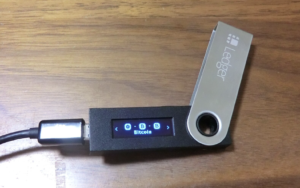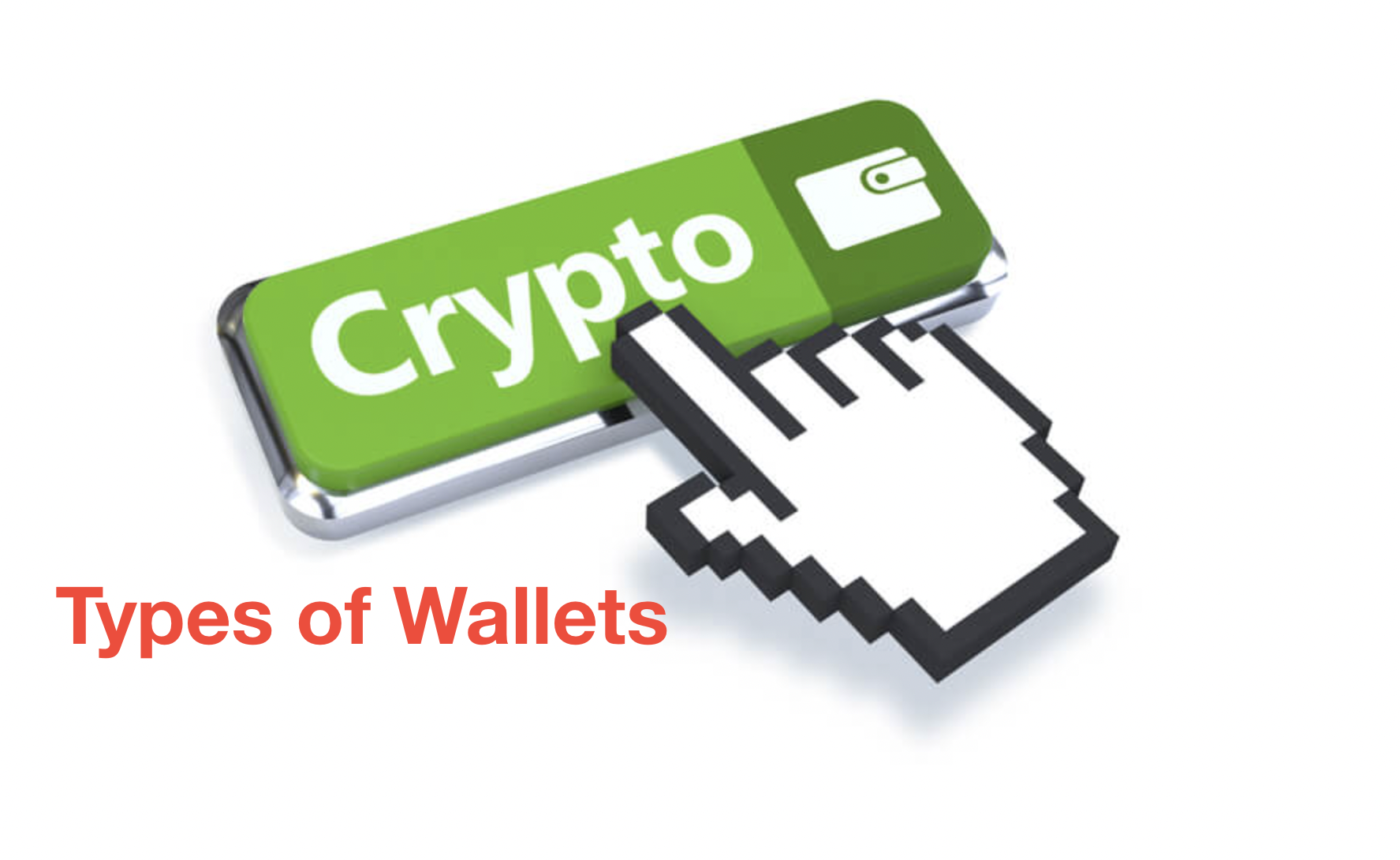In the realm of cryptocurrency and blockchain technology, a crypto wallet is a vital tool for storing, sending, and receiving digital assets like Bitcoin, Ethereum, and NFTs (non-fungible tokens). Think of it as a digital bank account, but instead of storing fiat currency, it holds your crypto investments.
A crypto wallet provides a secure environment to protect your private keys, essential for accessing your funds. It’s essentially a software program or hardware device that enables you to interact with the blockchain network, facilitating seamless transactions and ensuring the integrity of your digital assets.
There are various types of crypto wallets available, including:
1. Software wallets (hot wallets):
Online wallets that offer convenience and ease of use. Software wallets are online wallets that exist on your computer or mobile device. They’re convenient, easy to use, and accessible from anywhere. However, they’re connected to the internet, making them more vulnerable to hacking and cyber threats.
Examples:
– Desktop wallets (e.g., Electrum, MyEtherWallet)
– Mobile wallets (e.g., MetaMask, Trust Wallet)
– Online wallets (e.g., Coinbase Wallet, Binance Wallet)
Pros:
– Easy to use
– Convenient access
– Fast transaction processing
Cons:
– Vulnerable to hacking and cyber threats
– Risk of phishing attacks
– Dependence on third-party services
2. Hardware wallets (cold wallets):
Offline devices that provide maximum security and protection against hacking. Hardware wallets are physical devices that store your private keys offline, providing maximum security and protection against hacking. They’re ideal for long-term storage and large amounts of cryptocurrency.
Examples:
– USB devices (e.g., Ledger Nano X, Trezor Model T)
– Offline storage devices (e.g., Coldcard, Ellipal)

Pros:
– High security and protection against hacking
– Offline storage reduces the risk of cyber threats
– Suitable for long-term storage and large amounts
Cons:
– More expensive than software wallets
– Less convenient access
– Requires technical knowledge
3. Paper wallets:
Physical documents containing your public and private keys. Paper wallets are physical documents containing your public and private keys. They’re a low-tech, low-cost option for storing cryptocurrency offline.
Examples:
– Printed paper wallets
– Handwritten paper wallets
Pros:
– Low cost
– Easy to create
– Offline storage reduces the risk of cyber threats
Cons:
– Vulnerable to physical damage (e.g., fire, water, loss)
– Difficult to manage multiple addresses
– Limited security features
4. Mobile wallets:
Apps that enable crypto management on the go. Mobile wallets are apps that enable crypto management on the go. They’re convenient, user-friendly, and accessible from anywhere.
Examples:
– Mobile apps (e.g., MetaMask, Trust Wallet)
– Mobile browsers with wallet extensions

Pros:
– Convenient access
– Easy to use
– Fast transaction processing
Cons:
– Vulnerable to mobile device vulnerabilities
– Risk of phishing attacks
– Dependence on third-party services
Based on current trends and user adoption, software wallets (hot wallets) are the most commonly used type of wallet. This is because they offer:
1. Convenience: Easy access and management of cryptocurrencies
2. User-friendly interface: Intuitive design and simple navigation
3. Fast transaction processing: Quick sending and receiving of funds
4. Wide compatibility: Support for multiple cryptocurrencies and devices
Some popular software wallets include:
1. MetaMask (browser extension and mobile app)
2. Trust Wallet (mobile app)
3. Coinbase Wallet (mobile app)
4. Binance Wallet (mobile app)
However, it’s important to note that hardware wallets (cold wallets) are gaining popularity, especially among:
1. Long-term investors
2. Large-scale holders
3. Security-conscious users
Hardware wallets offer enhanced security features, making them an attractive option for those prioritizing asset protection.
When choosing a crypto wallet, consider security, user experience, and compatibility with your desired cryptocurrencies. Remember, a reliable crypto wallet is crucial for safeguarding your digital assets in the decentralized cryptocurrency world. Remember, each type of wallet has its unique advantages and disadvantages. Choose the one that best suits your needs, and always prioritize security and protection for your digital assets.



